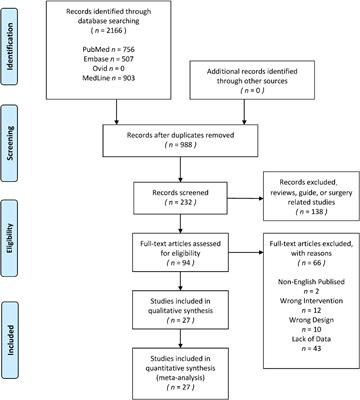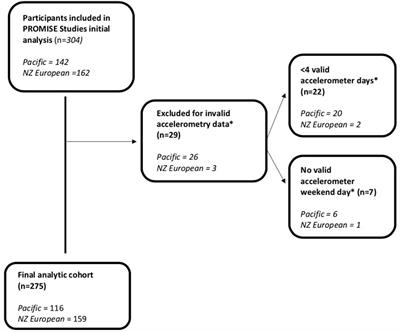EDITORIAL
Published on 15 Aug 2022
Editorial: Women and men in physical activity

doi 10.3389/fphys.2022.988839
- 1,075 views
6,239
Total downloads
23k
Total views and downloads
EDITORIAL
Published on 15 Aug 2022

ORIGINAL RESEARCH
Published on 20 Apr 2022

ORIGINAL RESEARCH
Published on 14 Mar 2022

REVIEW
Published on 03 Feb 2022

ORIGINAL RESEARCH
Published on 15 Dec 2021

ORIGINAL RESEARCH
Published on 01 Oct 2021

ORIGINAL RESEARCH
Published on 02 Aug 2021

ORIGINAL RESEARCH
Published on 26 May 2021

